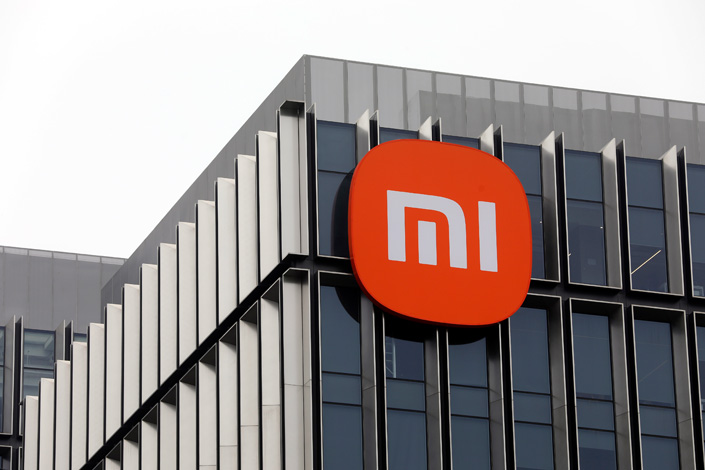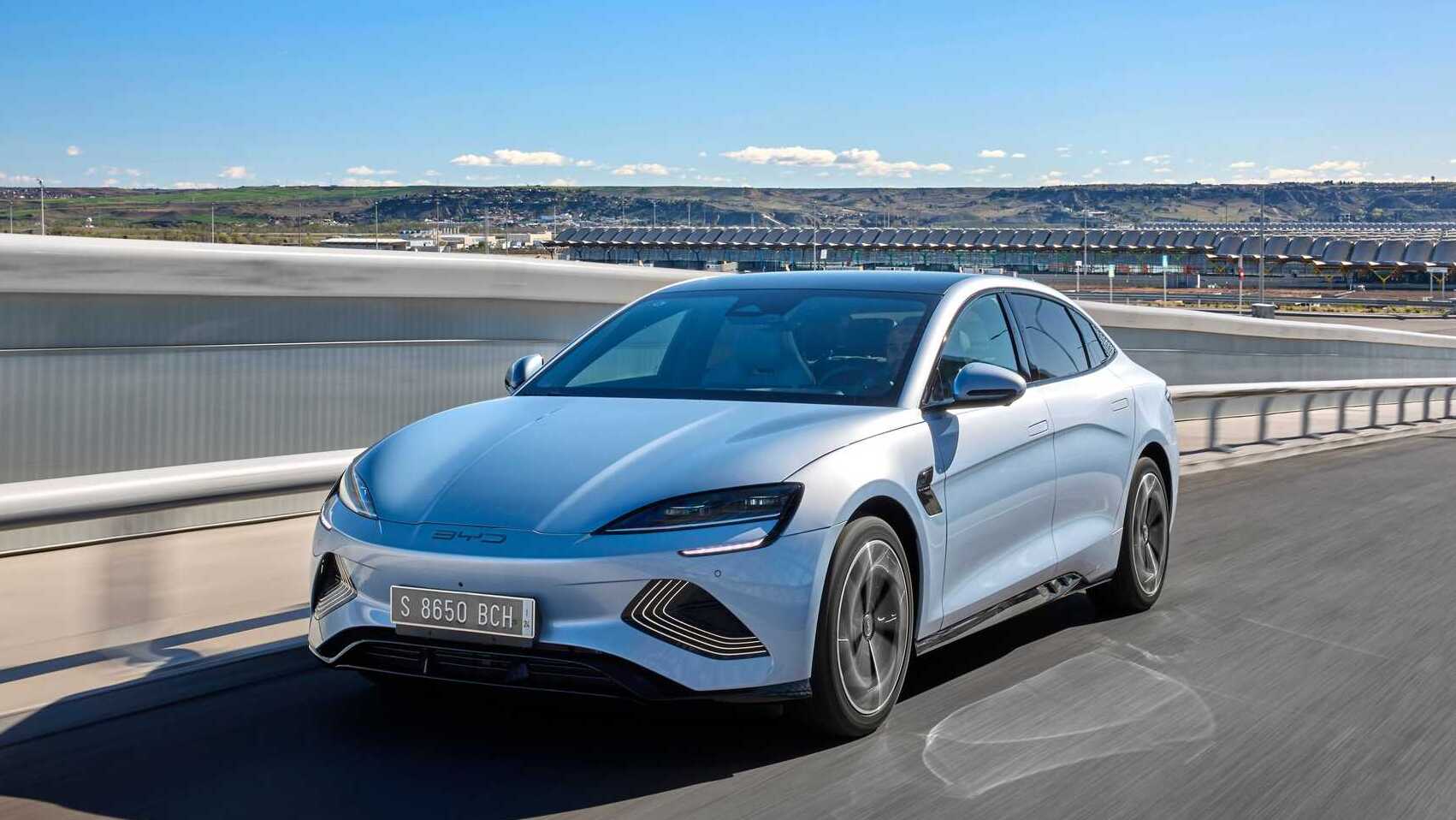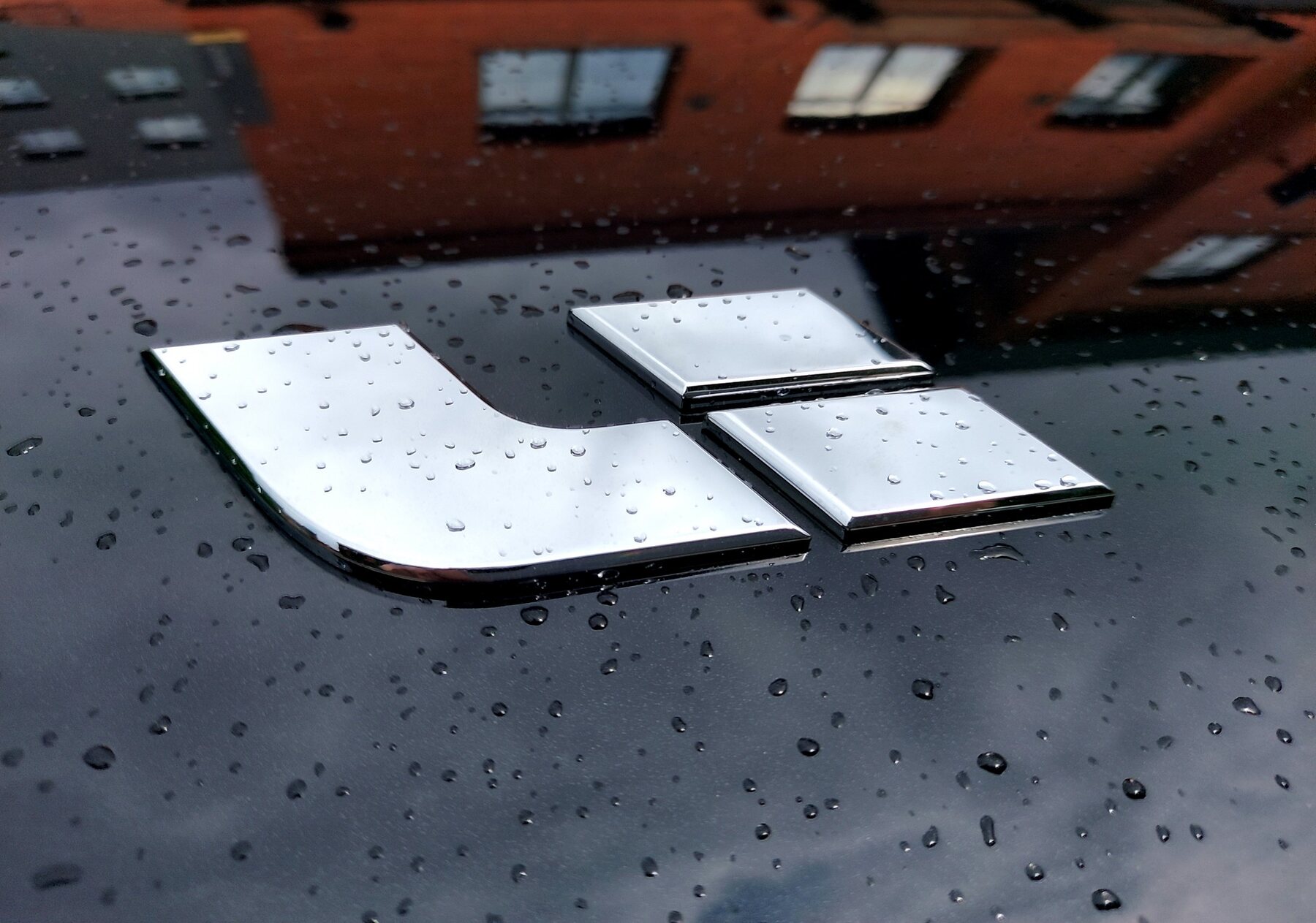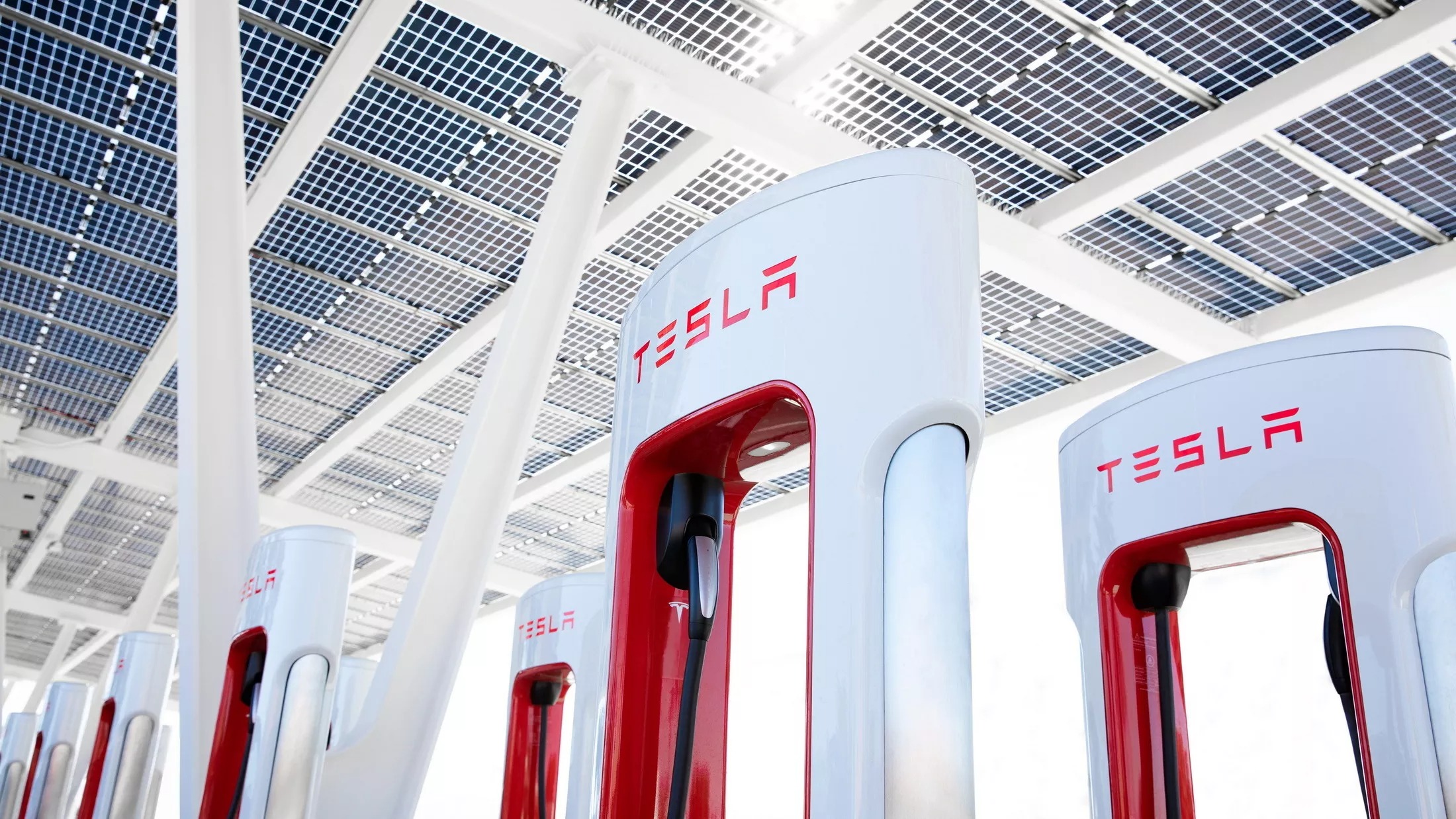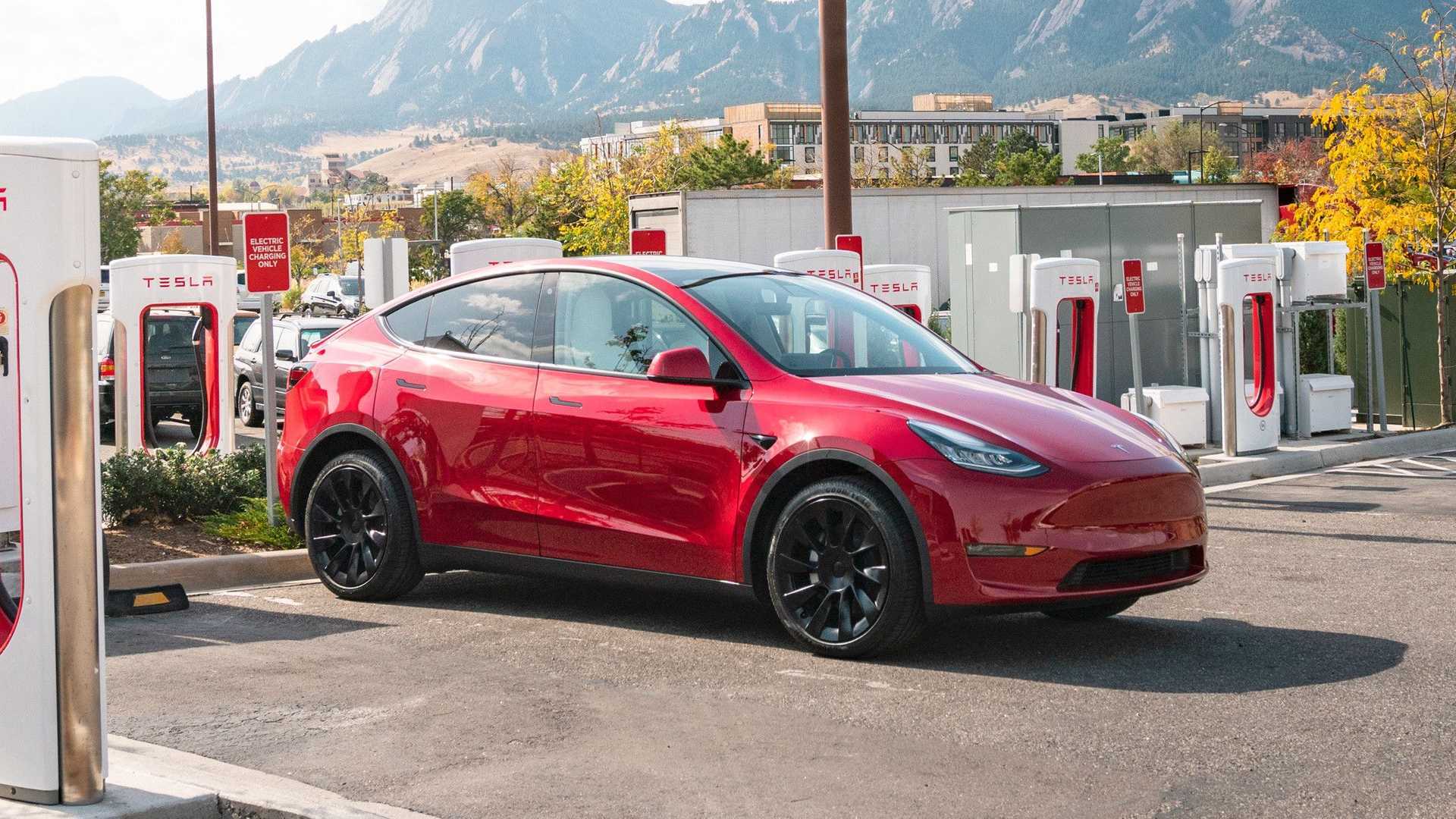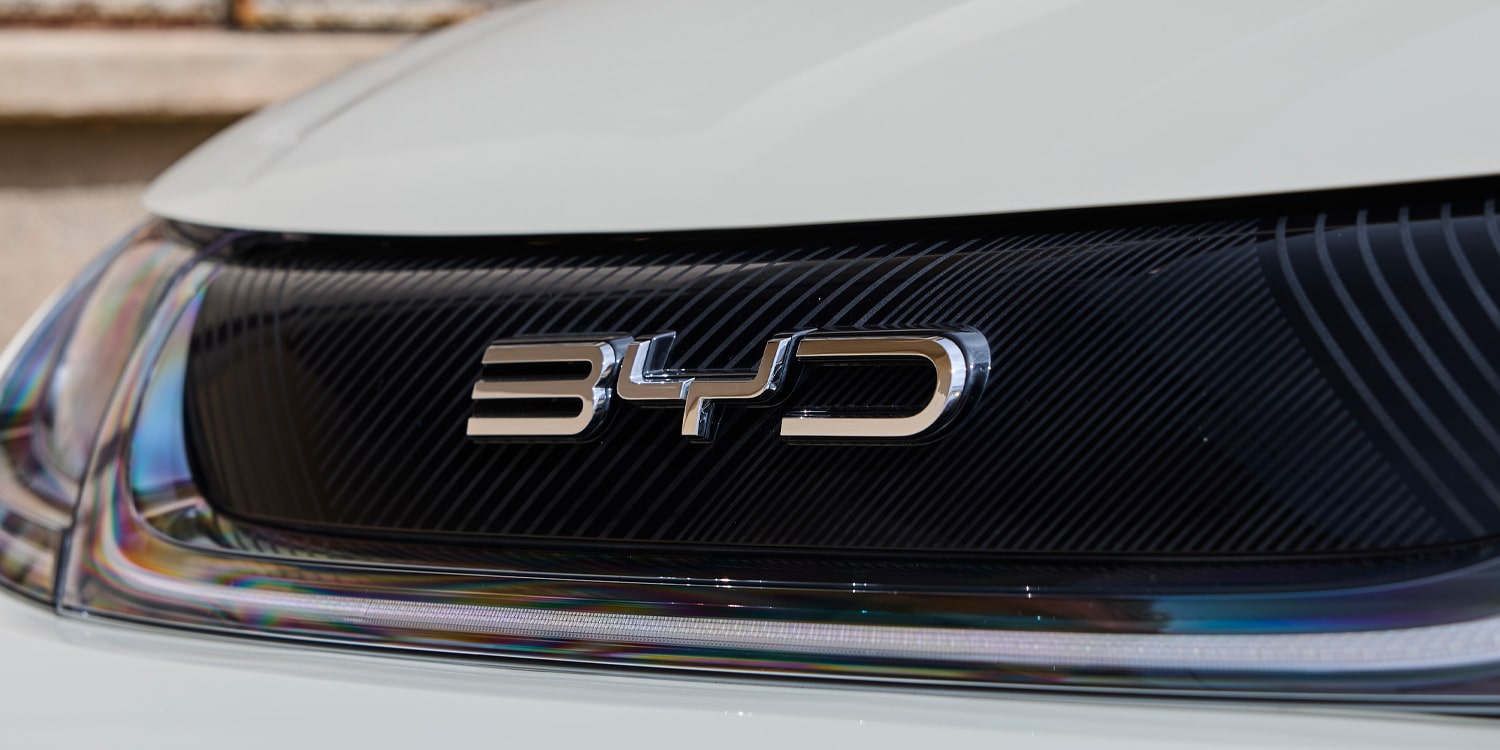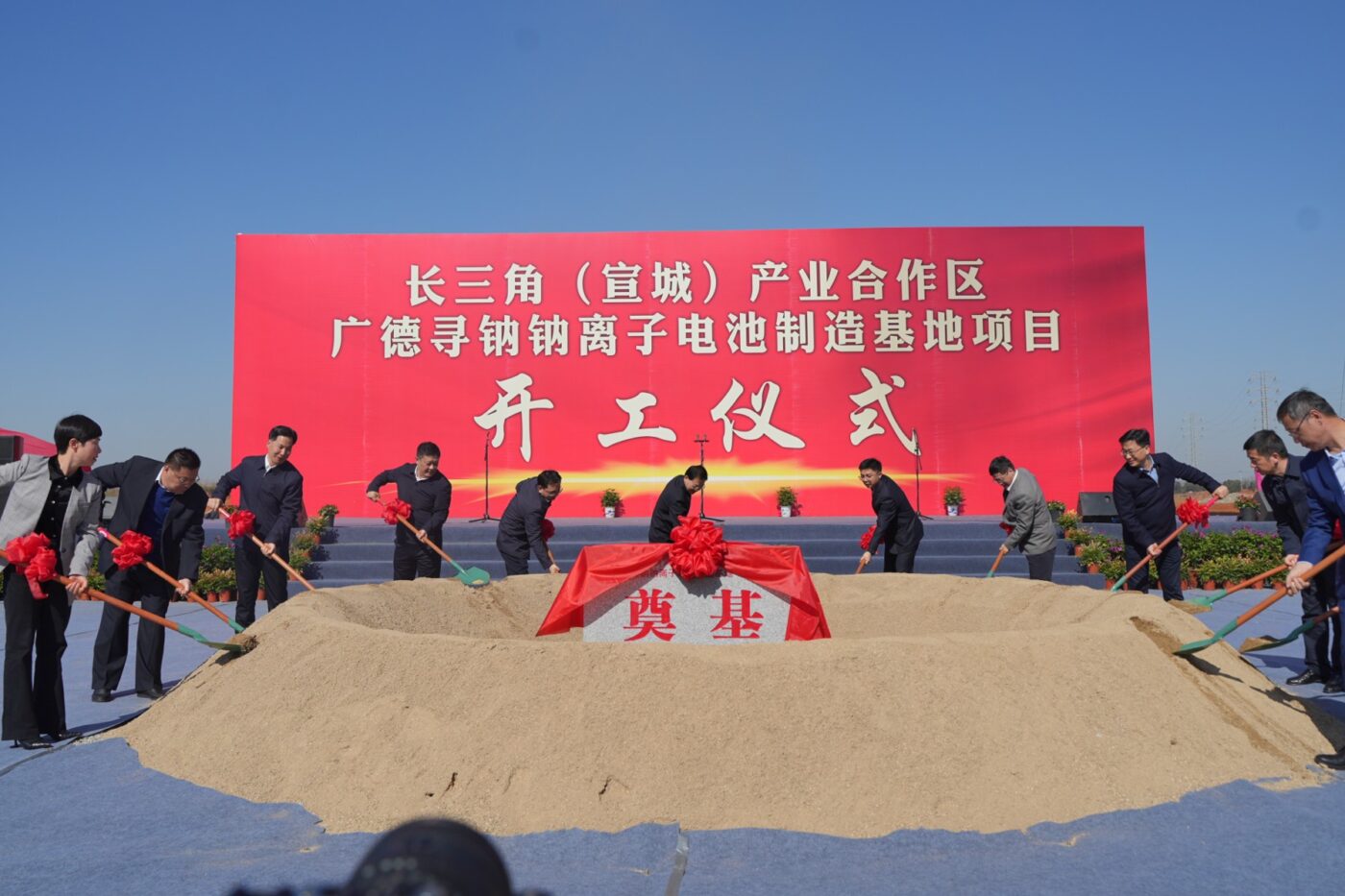A subsidiary of Beijing-based automaker BAIC Group, listed as BAIC ORV, has officially submitted applications to regulatory authorities seeking approval for the production of two electric vehicles (EVs) under the Xiaomi brand, according to information disclosed on China’s Ministry of Industry and Information Technology (MIIT) website today.
The move marks Xiaomi’s strategic expansion into the highly competitive electric vehicle market, adding a new dimension to the challenges faced by China, the world’s largest auto market, characterized by overcapacity and slowing demand, resulting in a fierce price war impacting supplier margins.
BAIC ORV’s proposal outlines plans to manufacture two variants of the Xiaomi-branded model in Beijing. The first, named SU7, will feature BYD’s lithium iron phosphate batteries and boast a top speed of 210 kilometers per hour (kph). The second variant, SU7 Max, will incorporate CATL’s nickel- and cobalt-based lithium batteries, offering a higher speed of up to 265 kph. Both models prominently showcase the “MI” logo on the front and carry the “Xiaomi” name on the rear, as depicted in images published on the MIIT website.
Despite Xiaomi having established a production plant in Beijing with a capacity of 200,000 EVs per year, the filing indicates that BAIC will serve as the manufacturer for these two models. The new EVs are slated to be produced at a facility sharing the same address as Xiaomi’s plant, as reported by China Business News.
Xiaomi has already signaled its entry into the electric vehicle sector by listing various job openings related to auto sales, including positions for new energy vehicle sales managers and Xiaomi car showroom managers in Beijing and Shanghai, according to reports from business publication STAR Market Daily.
As of the time of reporting, both BAIC and Xiaomi have not provided immediate responses to requests for comments on the EV applications.
This development follows Reuters’ earlier report in August, revealing that China’s state planner granted approval to Xiaomi for electric vehicle production, pending clearance from the MIIT, which assesses new automakers and models for technical and safety compliance.
While the MIIT regularly releases lists of aspiring auto manufacturers seeking approvals, Xiaomi was notably absent from the latest list published on Wednesday. Xiaomi President Lu Weibing had indicated in late August that the company’s progress in EV manufacturing was ahead of schedule. Xiaomi’s revenue for the second quarter had experienced a 4% decline year-on-year amid a contraction in China’s smartphone market.
The automotive industry in China is currently grappling with overcapacity and an escalating price war involving over 40 brands, significantly impacting the profit margins of the supply chain. Notably, Tesla Inc is still awaiting regulatory clearance for its Shanghai plant expansion plan, and Lucid Group has been advised of the low likelihood of approval for its made-in-China cars.

